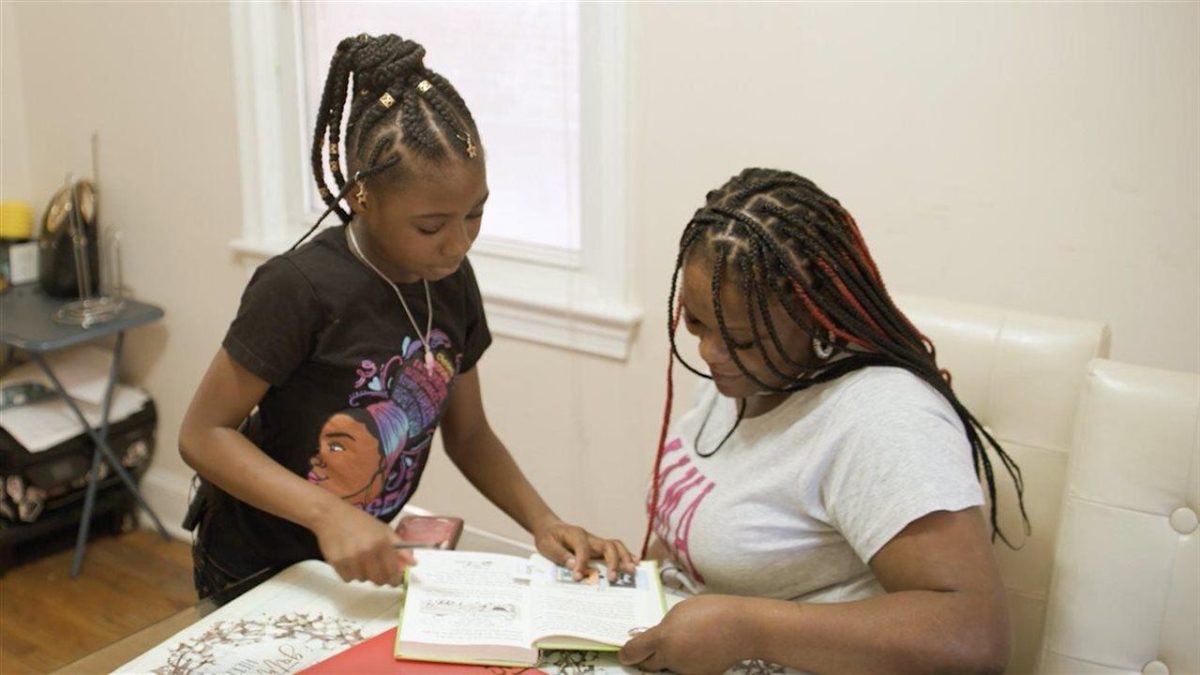(BPT) – Shareeda Jones thought her nine-year-old daughter was doing well in school, even during the pandemic when remote and hybrid learning took a significant toll on student achievement. Shareeda said her daughter enjoyed school and her report cards were good. But when her daughter entered a new school, Shareeda found out that she was three grade levels behind.
Since the pandemic, schools and families alike have focused on getting back to regular routines and getting their children back on track academically, but many parents like Shareeda have a misperception of how far behind their children are.
New research by the national non-profit Learning Heroes finds that 9 out of 10 parents of children in grades K-12 nationwide believe their child is performing at or above their grade level — but the Nation’s Report Card reveals that just 29% of eighth-graders nationally are proficient in reading, and only 26% of them are proficient in math.
Why the gap between parent perception and reality?
Parents primarily rely on their child’s grades to know how they’re performing at school, and research shows that 80% of parents say their child receives mostly Bs or higher. However, only 30% of teachers rate report cards as one of the most important ways to gauge student achievement. Grades reflect many other important factors, including attendance, participation and behavior.
“Parents are problem solvers. But they can’t solve a problem they don’t know they have,” said Cindi Williams, co-founder of Learning Heroes. “To help their children reach their full potential, it’s important for parents to partner actively with their children’s teachers.”
What can parents do?
To help parents understand what their children’s skill levels really are and what they need to succeed, the website GoBeyondGrades.org provides information in English and Spanish to help families search and sign up for district, community-based and online summer learning opportunities. At GoBeyondGrades.org, parents can follow the ABCs:
- Ask your child’s teacher if your child is at their grade level in reading and math.
- Be in the know about your child’s learning and what’s expected in each grade.
- Connect to programs for summer learning like tutoring, camps, activities and more.
Access summer learning opportunities for your child
Nationwide, there are many fun, engaging and educational programs to help children with reading, math and life skills, and summer is the perfect opportunity to take advantage of them. Many summer programs are available at low or no cost due to pandemic-era funding from the federal Elementary and Secondary School Emergency Relief Fund (ESSER). With the help of these recovery dollars, school districts are able to provide high-quality options for students by mixing learning time with summer fun and exploration. This federal funding will expire soon, so now is the best time to take advantage of many educational opportunities.
With the knowledge that her daughter was years behind in reading, Shareeda took action by teaming up with her child’s teacher and identifying summer learning opportunities. As a result, her daughter is now on track to be ready for the fourth grade.









